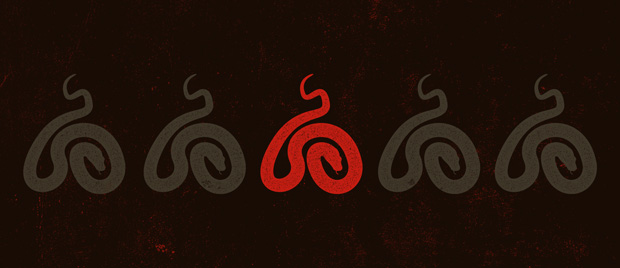What Are We Saved From?

A number of years ago, R.C. Sproul wrote a book with a title that asked a vitally important question. It was Saved from What? He began by recounting a time almost forty years earlier when a stranger abruptly had stopped him and asked, "Are you saved?" Sproul was taken aback by the intrusion and responded with the first words that came into his mind: "Saved from what?" Here is a good question that every Christian witness should be able to answer. But the man who had stopped Sproul stammered and stuttered, unsure how to respond. As Sproul points out in his book, unless we know what we need to be saved from, we do not have an adequate understanding of the gospel and cannot truly share the Bible's message with others. He remembers: "Though this man had a zeal for salvation, he had little understanding of what salvation is. He was using Christian jargon…. But sadly, he had little understanding of what he was so zealously trying to communicate."
The same cannot be said of the apostle John, who clearly presents the great peril from which we must be saved. God gave His Son, John says, so that "whoever believes in him should not perish."
According to John, our greatest need is to be saved from perishing. But what does perish mean? The best way to answer is to consider biblical statements that illuminate this teaching. For instance, there is Jesus' reference in this same chapter to the "serpent in the wilderness," which Moses lifted up (John 3:14). Jesus was referring to a deadly episode in Israel's history. During the exodus, the people had complained against God, so the Lord sent fiery serpents among them, and many people were bitten and died. This illustrates the warning in John 3:16 that without faith we will perish—that is, we will die.
Those snakes point back to the entry of sin into the world, when the Serpent tempted Adam and Eve to disobey God's command. God had warned them not to eat from the tree of the knowledge of good and evil, "for in the day that you eat of it you shall surely die" (Gen. 2:17b). When they disobeyed, however, they did not immediately die; instead, they were expelled from the garden and barred from the Tree of Life. In other words, they perished spiritually; physical death came later. Through their sin as our first parents, and through our own sins, the poison of death has entered our souls. Unless we are saved, we will experience everlasting death. To perish in this sense does not mean to cease to exist, but to be "tormented day and night forever" (Rev. 20:10b). Paul says that those who perish in their sins "will suffer the punishment of eternal destruction, away from the presence of the Lord and from the glory of his might" (2 Thess. 1:9).
This raises a question: How can a God who loves the world permit anyone to perish this way? Jesus answers, "Whoever believes in him is not condemned, but whoever does not believe is condemned already, because he has not believed in the name of the only Son of God" (John 3:18). The key word is condemned. The God who loves the world is also a perfectly holy judge. Abraham asked, "Shall not the Judge of all the earth do what is just?" (Gen. 18:25). The answer is yes! God's holy nature requires justice. This means that we must be judged for our sins unless they can be removed, the judgment being eternal death (see Rom. 6:23).
This is where God's love enters, because God showed His love for the world by sending His Son to die for our sins. God made a way for us to be forgiven and escape judgment, at infinite cost to Himself. This way requires that we receive God's Son in faith, so that our sins may be transferred to His account at the cross, where Jesus died as "the Lamb of God, who takes away the sin of the world" (John 1:29b). But if we spurn God's loving offer of salvation and refuse to believe on Jesus Christ, neither we nor God can avoid our condemnation. No unbeliever will suffer in hell because God lacked love, but "because he has not believed in the name of the only Son of God."